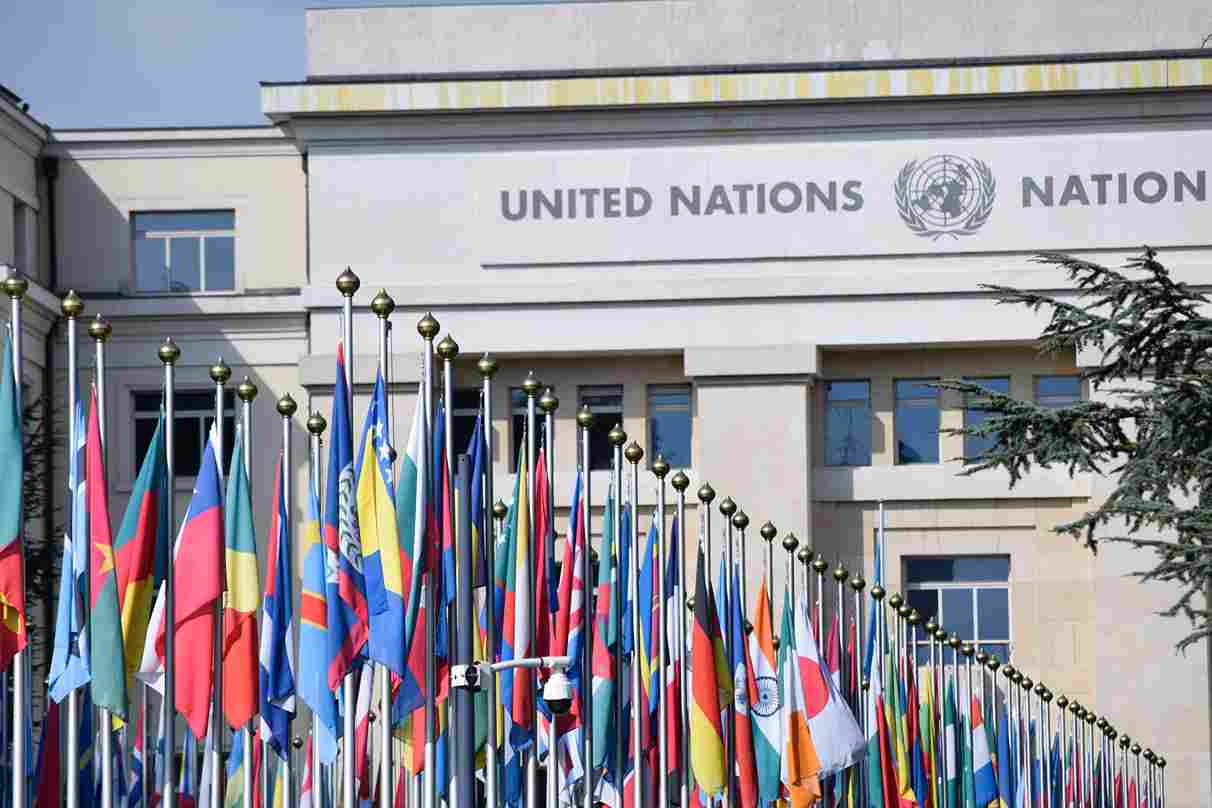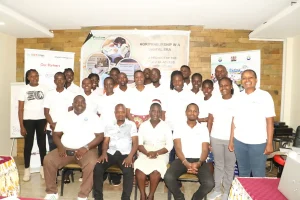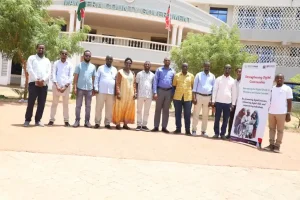By Cherie Oyier
KICTANet will be participating in the 49th Pre-Session of the Universal Periodic Review (UPR) in Geneva, Switzerland between the 18th and 21st of February, 2025.
Kenya’s human rights status is scheduled for review on Tuesday, 18th February 2025. During the session, KICTANet will urge UN Member States to address the current status of digital rights in Kenya to receive additional perspectives and best practice recommendations to improve digital rights conditions in Kenya.
Additionally, KICTANet will provide perspectives from key learnings and experiences within the digital rights sector to enrich the recommendations towards other 13 countries‘ whose reports will be under review during this cycle.
Ahead of the event KICTANet, in collaboration with the Association for Progressive Communications (APC) and with contributions from Collaboration on International ICT Policy for East and Southern Africa (CIPESA) and Centre for Intellectual Property and Information Technology (CIPIT), submitted a comprehensive Joint Stakeholder Report to the UPR. The report highlights the status of digital rights in Kenya during the 2020-2024 UPR reporting cycle and makes recommendations focusing on the challenges identified.
Specific Digital Rights Addressed Under the Joint UPR Report
KICTANet’s joint UPR report addressed various digital rights issues that can be fitted into the following four broad categories:
- Digital Access and Inclusion: Addressing Kenya’s internet penetration, the rural-urban digital divide, gender digital divide, and socio-economic factors that impact access to devices and internet connection through bundles or WiFi.
- Freedom of Expression Online: Addressing the continued use of sections 22 and 23 of the Computer Misuse and Cybercrime Act, 2018 (CMCA) to suppress free speech; increased arrests, intimidation and extra-judicial killing of dissenting voices specifically; human rights defenders and journalists who use online platforms to amplify their messages. The report highlights some key events during the #RejectFinanceBill2024 that impacted freedom of expression including internet shutdowns, blocking, and throttling of the internet as well as tax proposals under the Finance Bill 2024 that would add a further tax burden on internet users and content creators hence impacting expression online. Proposals aiming to further criminalize online speech and online assembly such as the proposal to expand the offence of cyber harassment under the CMCA and the Kenya Assembly and Demonstration Bill which sought to restrict public fundraising including online fundraising by requiring permits for such fundraising activities were highlighted in the report.
- Right to Privacy, Data Protection, and Surveillance: The report highlights the achievements made since the enactment of the Data Protection Act, 2019 including the establishment of the Office of the Data Protection Commissioner, and the enactment of regulations that support the implementation of the Act. On the downside, the report addresses heightened state surveillance during protests, potentially with the assistance of private telecommunication providers under broad grounds such as national security and public interest. Further issues of mass data collection programmes such as Maisha number were highlighted and the potential risks citizens are exposed to due to weak oversight and structures to support data security under such programs.
- Technology-Facilitated Gender-Based Violence (TFGBV): Drawing from KICTANet’s research on TF GBV, titled “Unmasking the Trolls: Research on Online Gender-Based Violence in Kenya” which revealed that about 54% of respondents who took part in the survey had experienced TFGBV directly and that women were disproportionately affected compared to their male counterparts, this report highlights the chilling effects TFGBV has on its survivors and victims. The report addresses the results of TFGBV to include reduced or complete seizure of online participation, psychological and economic harm and in some cases physical harm. The report highlights the gaps in content moderation, limited digital literacy among users, fragmented laws that do not adequately provide remedies for survivors and skills gap among law enforcement, lawyers, prosecutors, judges, magistrates and psycho-social support officers.
KICTANet’s Objectives at the UPR 49th Pre-Sessions
KICTANet aims to achieve the following during the 49th UPR Pre-Session:
- Advocate: To urge UN member states to take seriously and prioritise the digital rights issues raised in the joint report.
- Raise Awareness: To increase awareness among member states about the importance of protecting and promoting digital rights.
- Influence: To influence the recommendations made to the other 13 countries during this UPR pre-session cycle hence ensuring that digital rights are adequately addressed.
- Collaborate: To collaborate with other civil society organizations and various stakeholders to amplify the call for stronger digital rights protections.
At the event, KICTANet is represented by Dr. Grace Githaiga and Cherie Oyier. KICTANet plays a vital role in promoting digital rights and internet governance in Kenya. Our presence at the UPR Pre-Session underscores our commitment to ensuring a safe, secure, and rights-respecting digital environment for all.
Cherie Oyier, Programs Officer-Women’s Digital Rights, KICTANe
![]()





I support the program because it will bring employment within us even at the remote areas. And to make it more successful I urge you to include administration such as chiefs, assistant chief and village elders to do mobilization so that to get more people.
I love to work with this organization us a patriotism from mandera
It will be of high value